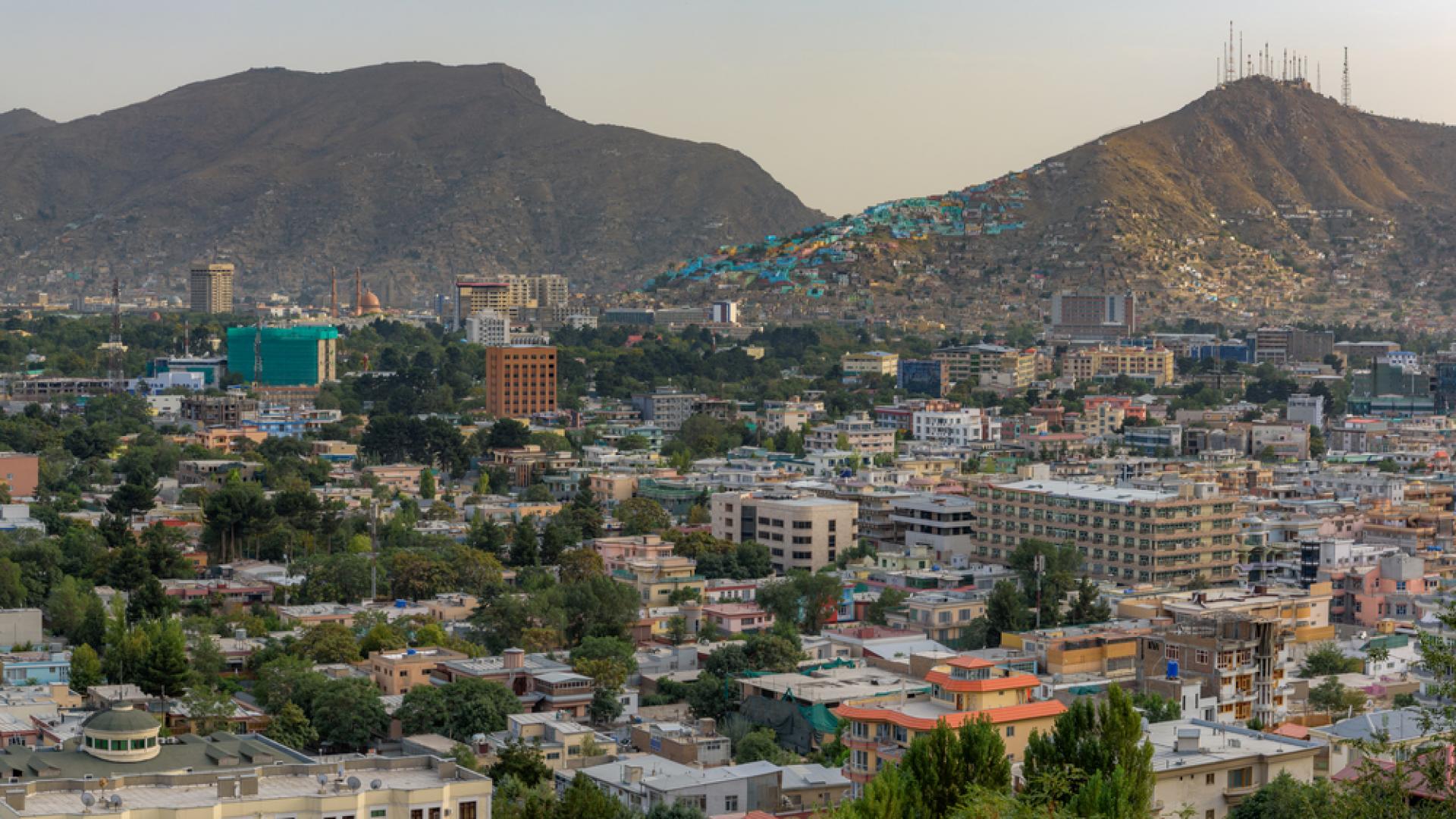
Afghanistan
Afghanistan is no longer a member of the EITI. The EITI Board delisted Afghanistan from the EITI on 19 June 2024. The situation in the country made it unfeasible to uphold key aspects of the EITI, including multi-stakeholder governance and data disclosure.
Afghanistan is rich in petroleum, natural gas, coal, marble, gold, copper and other minerals. Before its suspension, the country’s participation in the EITI significantly contributed to improving governance within its extractive sector. Afghanistan had adopted leading practices in providing critical extractive sector data in open format, and maintained a portal with information on licenses, fiscal terms, legal and beneficial ownership information, production data and non-tax company payments to government. In 2019, Afghanistan took the step of auditing the two state-owned enterprises for the first time, highlighting gaps and opportunities for better management.
The decision to delist Afghanistan aligns with the EITI Standard and the EITI Board’s policy on engaging with countries experiencing political instability or conflict. It reflects the ongoing challenges within the country, including political unrest and the suppression of civil society.
The most recent EITI Report produced by Afghanistan prior to delisting covers the period 2018-2019.


